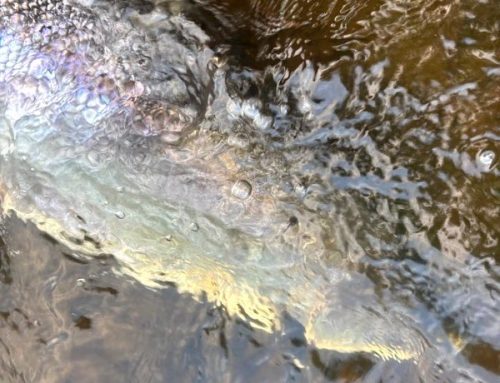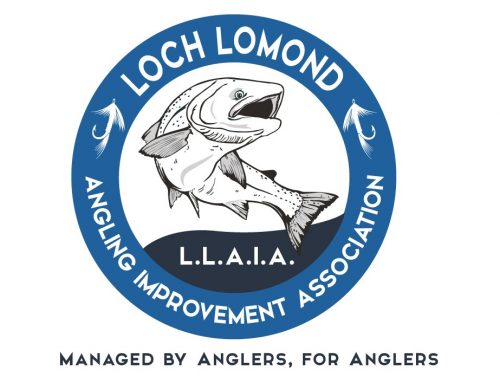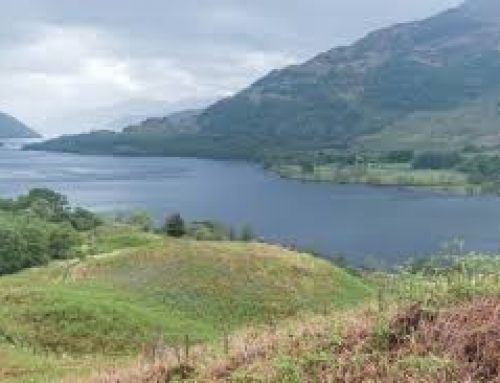The ECCLR committee met again at Holyrood this morning to discuss the 2018 amendment to the Conservation of Salmon (Scotland) Regulations 2016. During the debate the Cabinet Secretary and Marine Scotland staff gave evidence to the committee. A motion to annul the regulations was put forward and voted on by committee members. We are extremely disappointed to have to announce that the motion was narrowly defeated by 6 votes to 5.
This means effectively that from 1 April 2018 the Lomond system will be graded as Category 3 with mandatory catch and return of all salmon caught.
Not only is the Lomond system affected by these regulations. A further 49 rivers and systems that were previously either Cat 1 or Cat 2 like ourselves, will be graded as Cat 3.
This has come about despite the strongest objections submitted by our committee and members, high level meetings with Marine Scotland, the Cabinet Secretary Roseanna Cunningham and robust support from Jackie Baillie MSP and seversl of her MSP colleagues.
Those voting against the annulment took the stance that it was ‘not fishing that was banned but the killing of fish’. Whilst the majority, if not all of the committee, were unhappy with the methodology used by Marine Scotland, even though the model is still under continual development, ‘in the interests of conservation it was better to have that in place than nothing at all’.
The LLAIA committee will meet very soon to revue the situation and consider what action can be taken to move forward. We are all aware that our main problem is the additional protection afforded to the Endrick SAC which fell into Cat 3 taking the rest of the system with it.
During these meetings there was discussion to ascertain if more sound data can be gathered on which to base assessments than rod catches. MS indicated that they are working on a juvenile salmon model but a network of fish counters would be preferable. There are now 8 of these in operation in Scotland. It is possible that SAC’s due to their status may be considered as a priority for these but there are cost implications and the problems of location and maintenance. This is undoubtedly something which we will have to explore with SNH, the Scottish Government and other bodies.
Although this has come as a very unwelcome blow to the committee it has not been unexpected as we could never be complacent about remaining as a Category 2 system. We will continue to explore every avenue possible to reverse the situation and work towards the reduced likelihood of it ever happening again. The committee have worked hard to avoid this very frustrating ruling and hope that we can depend on the support of all anglers going forward.
Regards
LLAIA Committee




